Africa’s Food Crisis is Worse Than You Think and It’s Political
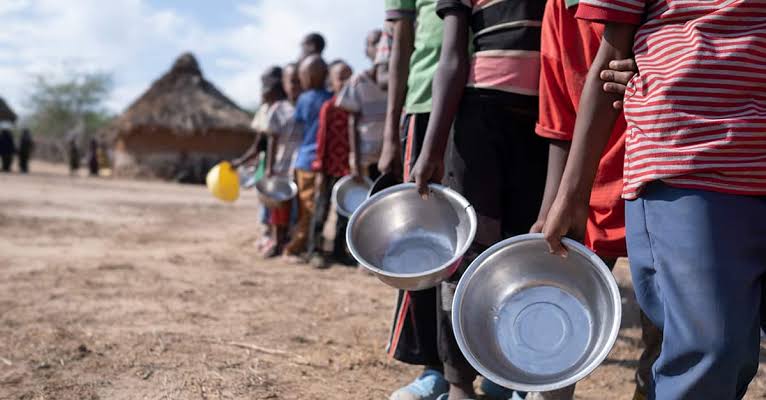
INTRODUCTION: EMPTY PLATES, FULL OF POLITICS
Across Africa, nearly 282 million people go to bed hungry each night. It’s a staggering figure often blamed on droughts, conflicts, and climate change. But that’s only part of the story.
Behind the dried-up fields and displaced families lies something far more deliberate: policy failure.
The truth is, Africa’s food crisis isn’t just environmental, it’s political. From neglected agricultural systems and corrupt procurement to global grain hoarding and speculative price hikes, the systems meant to feed people are being weaponized by power and profit.
Climate shocks may trigger hunger, but it’s political choices that deepen it, prolong it, and normalize it.
This isn’t a natural disaster, it’s a man-made one.
BEYOND THE WEATHER: Bad Governance, Worse Hunger
It’s easy to blame droughts or war for Africa’s hunger crisis, but the deeper rot lies in governance.
A. Subsidy Failures and Policy Neglect
Agriculture, once the economic backbone of many African nations, has long been sidelined. In country after country, farming budgets are slashed, extension services are under-resourced, and local food systems are left to decay.
Worse still, under pressure from international lenders like the IMF and World Bank, many governments removed crucial subsidies on seeds, fertilizers, and fuel. This so-called “market liberalization” was supposed to make agriculture more efficient. Instead, it left smallholder farmers exposed to market shocks they couldn’t withstand.
What followed was predictable: falling yields, food shortages, and an ever-widening gap between what communities grow and what they eat.
Add to that bureaucratic delays, corrupt procurement processes, and crumbling transport systems, and the result is a region where food rots before it ever reaches the market—or never gets planted at all.
B. Local Corruption, Global Consequences
Mismanagement isn’t just domestic—it’s deadly.
In many regions, food aid meant for the hungry is hoarded or resold by corrupt officials. Meanwhile, large swaths of fertile African land are quietly leased or sold to foreign investors in so-called “land grabs.” These deals, often struck behind closed doors, prioritize exports over local consumption, producing cash crops for international markets while leaving surrounding communities malnourished.
The message is clear: African hunger isn’t about scarcity. It’s about politics.
INTERNATIONAL POLITICS AND THE HUNGER MACHINE
Africa’s hunger isn’t just homegrown; it’s manufactured, maintained, and magnified by a global food system that prioritizes profit and power over people.
A. Grain Hoarding and Export Controls
The Russia-Ukraine war didn’t just shake Europe; it shook Africa’s food supply to its core.
Both Russia and Ukraine account for nearly 30% of global wheat exportable 2. When war disrupted those flows, Africa, where many countries import over 80% of their grain, was left scrambling. Prices soared. Bread vanished. And Western nations, fearing shortages, imposed export bans and hoarded supplies to protect their own populations.
In the scramble for survival, Africa was left at the back of the line—again.
This crisis laid bare the continent’s dangerous overdependence on external food sources, especially for staples like wheat, maize, and rice. And in global emergencies, charity is no match for national self-interest.
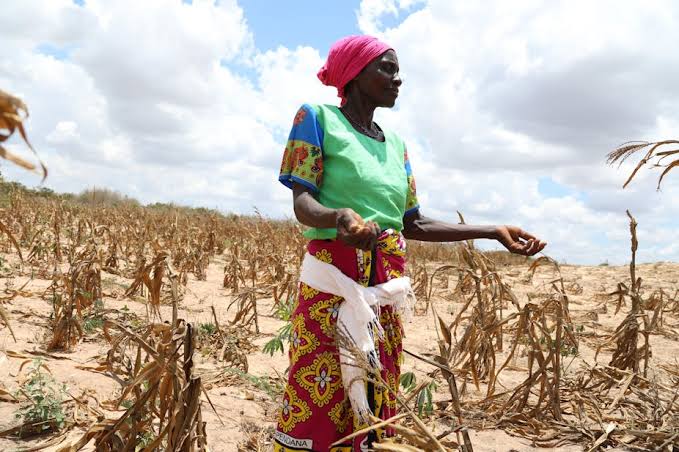
Photo Credit: Google Image
B. The Global Price Trap
But it’s not just about physical grain. It’s about who sets the price.
Global commodity markets, largely controlled by powerful financial institutions and speculators in the Global North, play a major role in determining what Africa pays for its food. Hedge funds bet on crop futures, oil prices affect fertilizer costs, and freight volatility hikes the price of getting food into African ports.
The result? African countries, already struggling with debt, are forced to borrow more just to afford basic food imports. Hunger becomes a byproduct of geopolitics and capitalism.
This isn’t a supply issue. It’s a system failure, one where Africa is always last to eat, but first to suffer.
THE REAL COST OF DEPENDENCE
Africa’s food insecurity isn’t just a crisis of scarcity; it’s a crisis of control. The deeper the continent relies on imports and foreign systems to feed its people, the further it drifts from sovereignty.
A. Food Imports vs. Food Sovereignty
Every year, African countries spend over $43 billion importing food despite having 60% of the world’s uncultivated arable land. That money isn’t just a financial drain; it’s a political one.
Instead of investing in irrigation, roads, storage, and local value chains, governments reach for quick fixes: imports, aid, or foreign-backed projects. But these solutions don’t build resilience; they build reliance.
When donor funding stalls, when global supply chains freeze, or when foreign currencies fluctuate, African kitchens go cold. True food security begins not at the port but in the soil, yet local agriculture remains underfunded, underprotected, and underprioritized.
Food sovereignty, the right of people to define their own food systems, is still more slogan than strategy across much of the continent.
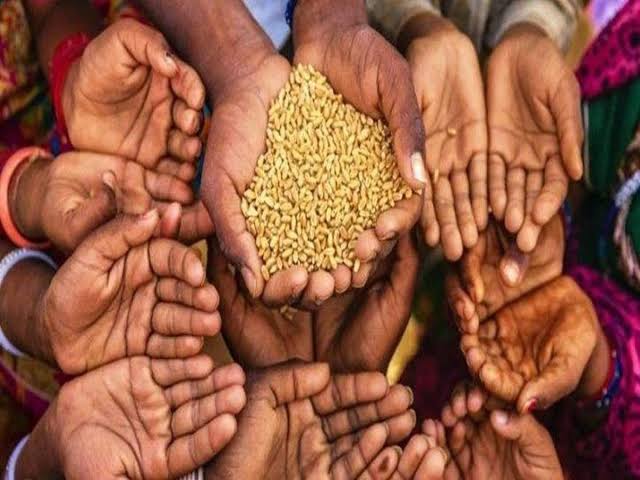
Photo Credit: TheEconomicTimes
B. Who Controls the Seeds?
At the heart of every food system lies a seed. And in Africa, many of those seeds are no longer African.
Multinational corporations like Monsanto (now Bayer), Syngenta, and Corteva dominate seed production across the Global South. These companies sell commercial hybrid seeds that must be purchased anew each season, unlike traditional open-pollinated seeds that farmers can save and replant.
The result? Local farmers are locked into cycles of debt, forced to buy seeds, fertilizers, and pesticides year after year from the same suppliers. National seed laws, often shaped under pressure from international trade agreements, undermine indigenous seed-saving traditions and criminalize informal exchange systems that sustained communities for generations.
In this landscape, growing food isn’t just an act of labor; it’s an act of economic dependence. And the more Africa imports not just food but the means to grow it, the less power it holds over its own future.
SIGNS OF HOPE: Resistance And Rebuilding
Amid the bleak statistics and political failures, African farmers, organizers, and regional bodies are quietly sowing seeds of resilience. The road to food sovereignty may be long, but it is not unpaved.
A. Local Solutions and Agroecology
From the terraced hills of Uganda to the coastal farms of Senegal, a grassroots revolution is taking root—one that centers agroecology, indigenous knowledge, and farmer-led innovation.
Across Kenya, farmer cooperatives are building community seed banks, protecting biodiversity, and breaking the grip of corporate seed dependency. In Senegal, traditional dryland farming techniques are being revived to restore soil fertility without chemical inputs. Uganda is seeing a surge in agroecology training centers that blend ancestral wisdom with modern science, promoting regenerative practices that work with, not against, the land.
These approaches do more than just grow food—they restore dignity, self-reliance, and cultural continuity. They also reduce vulnerability to climate shocks by diversifying crops and conserving water. Unlike industrial farming, which often extracts and exhausts, agroecology regenerates and empowers.
Local food isn’t just fresher—it’s freer.
B. Pan-African Agricultural Vision
While local movements build from the ground up, continental initiatives are attempting to stitch together a broader vision for African food resilience.
The African Continental Free Trade Area (AfCFTA), launched in 2021, holds massive potential to boost intra-African food trade, reduce reliance on global markets, and strengthen regional supply chains. If implemented effectively, it could allow surplus grain in Nigeria to feed communities in Chad, or fresh produce from Tanzania to reach South Sudan without passing through Europe first.
Meanwhile, the African Union’s Malabo Declaration committed member states to allocating at least 10% of national budgets to agriculture and achieving 6% annual growth in the sector. While progress has been uneven—and most countries have fallen short—these goals remain a north star for advocates demanding policy change.
Because at its core, Africa’s food crisis is not a question of capacity. It is a test of political will.
And across the continent, that will is rising.
CONCLUSION: Hunger Is A Choice—and A Policy Failure
Africa’s food crisis is not inevitable. It is manufactured, shaped by poor governance, exploitative international systems, and deliberate political neglect.
The continent holds 60% of the world’s uncultivated arable land, a youthful population ready to work, and a growing ecosystem of local innovation in agroecology and regenerative farming. In other words, Africa can feed itself.
What it lacks is not rain, but accountability.
Not land, but investment.
Not ideas, but political will.
Until food stops being treated as charity and starts being defended as sovereignty, millions will remain hungry not from scarcity, but from structural failure.
“The hands that feed Africa are being tied—not by drought, but by decisions”.
The question is no longer if Africa can end hunger, but who is willing to untie those hands—and how soon.
Recommended Articles
The Politics of Home: Can The African Diaspora Participate In Africa Governance?
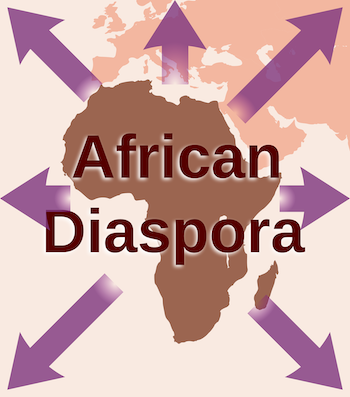
Can Africans in the diaspora truly shape the politics of the nations they left behind? This piece questions the legitima...
Rwanda's AI Future Ignites: Gates Foundation Pours $17.5M into Scaling Hub
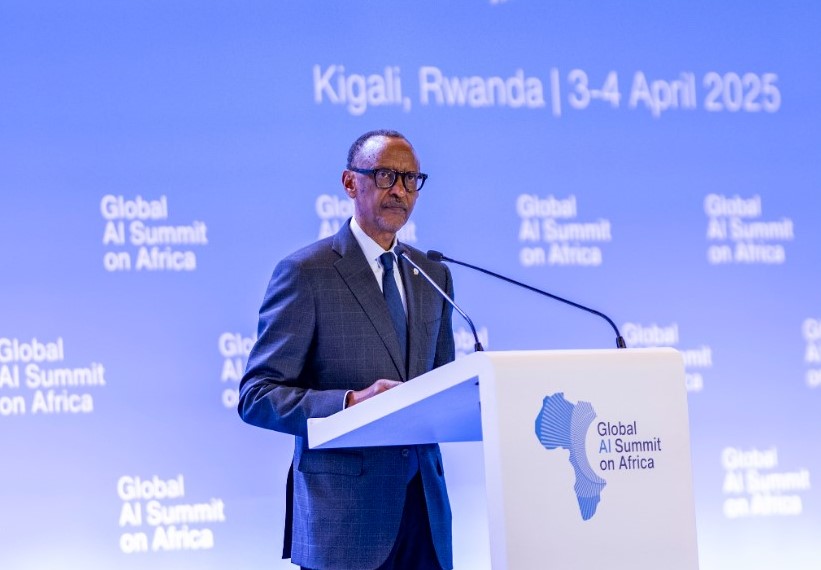
Rwanda has secured a significant $17.5 million investment from the Bill & Melinda Gates Foundation to establish the Rwan...
Laboratory-Grown Meat: The Future of Food or a Threat to Health and Tradition?
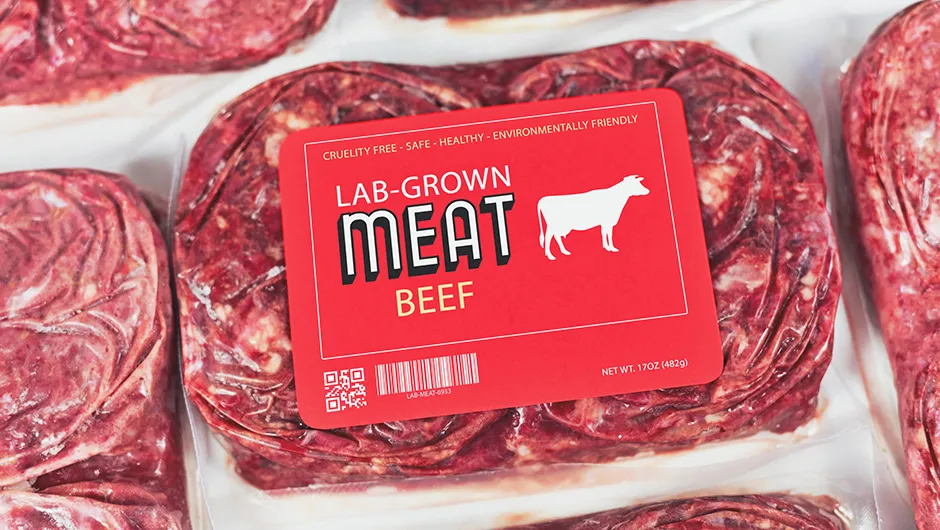
Lab-grown meat promises eco-friendly farming, animal welfare, and food security, but raises fears about health risks, cu...
Ghana's Environmental Catastrophe: Galamsey Crisis Deepens with Urgent Warnings and Mass Arrests

Ghana faces an escalating crisis due to illegal mining (galamsey), causing widespread environmental devastation, from fo...
2027 Showdown: APC's CPC Bloc Rallies for Tinubu's Re-election Push

Former members of the defunct Congress for Progressive Change (CPC) have pledged their unconditional support to Presiden...
You may also like...
Rooney Blasts 'Crisis Mode' Liverpool: Champions Lacking Leadership and Salah's Form a Major Concern

Defending Premier League champions Liverpool are in a worrying slump, having lost four consecutive matches. Former Engla...
Real Madrid Stuns Barcelona with Clasico Masterclass; Mbappe, Bellingham Shine

Europe's top football leagues delivered a weekend of high drama, featuring Real Madrid's controversial El Clásico victor...
Daily Show Drama: Jon Stewart's Battle for Creative Freedom Amid Paramount-Skydance Merger

Jon Stewart revealed at the New Yorker Festival that he is actively seeking to extend his contract at “The Daily Show” d...
Hemsworth Breaks Silence: The Weight of Replacing Cavill in Witcher Season 4

Liam Hemsworth will debut as Geralt of Rivia in The Witcher Season 4 this Fall, replacing Henry Cavill. Hemsworth shared...
Mzoe 7's 'Fela Kuti' Spectacle: Zimbabwean Artist Redefines Music & Drama!

Mzoe 7's recent one-man show at the Bulawayo Theatre has redefined performance standards, captivating audiences with a m...
Zimbabwean Duo Bantu & Dr. Chaii Seize Apple Music's Isgubhu Spotlight!

Award-winning Zimbabwean artists Bantu and Dr. Chaii are the latest Apple Music Isgubhu cover stars, celebrated for thei...
Caroline Flack Tragedy: Mother's Heartbreak Over Texts Found on Lewis Burton's Phone

Caroline Flack's mother, Christine, is heartbroken by newly resurfaced questions surrounding texts found on Lewis Burton...
Strictly's Claudia Winkleman's Daughter: A Decade On From Horrific Halloween Accident

After 12 years, Claudia Winkleman is stepping down from Strictly Come Dancing to prioritize her family, including her da...
